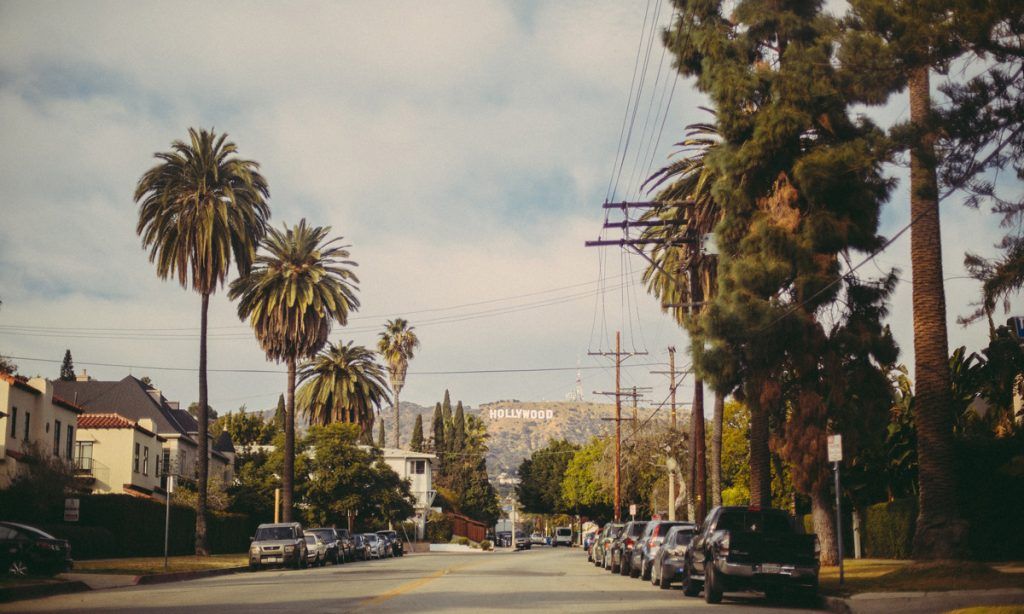ataxian
In a BLACK HOLE!
There is a GOLF Course there very challenging!Advocates fight back against Santa Clara County’s new cannabis rules
A petition launched Friday to stop Santa Clara County from banning recreational cannabis sales at dispensaries under a new health order garnered thousands of signatures within hours, the latest call from advocates to overturn the controversial decision.
As first reported by San José Spotlight on Wednesday, Santa Clara County leaders reversed a previous decision in March to allow dispensaries countywide to remain open under a stay-at-home order, deeming them “essential” for both medicinal and recreational consumers. But a revised order issued this week further clamped down on essential businesses and the shops were ordered to only deliver recreational pot — not sell it at the store or curbside pickup.
“Non-medical cultivation, supply, and dispensing of cannabis are prohibited, with the exception of deliveries directly to residences,” said the county’s new FAQs for the revised order. “Dispensaries with a mixed clientele of both medical and non-medical customers can do in-person business only with medical customers.”
Advocates, including famed Oakland cannabis attorney James Anthony, called it a “de-facto ban” on cannabis and likened it to rolling back Prop. 64, the widely-supported 2016 measure that legalized marijuana use for adults.
“This policy will result in the loss of several businesses, hundreds of jobs in our community and hundreds of thousands of dollars in local sales tax revenue that is desperately needed to help our first responders and hospitals right now,” Anthony wrote in the petition, which netted nearly 11,000 signatures in less than 24 hours.
The problem, according to Anthony, is it’s nearly impossible differentiate between medical and recreational cannabis users. Prop. 64 blurred those lines because cannabis became legal across the state, and medical patients stopped renewing their doctor’s orders. Now, they’ll be forced to get new orders or medical cards to access marijuana at any dispensary in the county.
The changes came after Santa Clara County adopted a stricter stay-at-home order to stop the spread of the deadly coronavirus. The new order is in place until at least May 3.
Some top county elected leaders say the changes are needed to keep people safe.
“The Public Health Officer’s order has closed the overwhelming majority of storefront retail businesses,” said Cindy Chavez, president of the Santa Clara County Board of Supervisors. “It is intended to keep people inside and prevent the transmission of this deadly virus. Cannabis customers can still acquire cannabis through delivery.”
But Anthony said there’s no evidence to show that any COVID-19 illness or deaths statewide were linked to licensed cannabis retailers. “Dispensary workers are wearing gloves and masks, enforcing the distancing rule for both patrons and employees and implementing curb-side service as quickly as they can,” he wrote in the petition.
The local dispensaries are also obeying social distancing rules, advocates said, but now they worry the revised order could force consumers into the unsafe and unregulated black market.
Santa Clara County officials have not said how they’ll enforce the order and those details were not immediately available Friday. Across the county, the disease has killed 38 people and infected 1,094 as of Friday.
Anthony’s petition is the latest call to Santa Clara County to abandon the policy.
California NORML, a nonprofit organization dedicated to reforming California’s marijuana laws, put out a call to its tens of thousands of members to call or email San Jose and Santa Clara County elected officials to urge “them to keep adult-use cannabis businesses open.”
Longtime San Jose State activist William Armaline sent a letter detailing how the move to deliveries only could strap the industry.
“Many of the existing dispensaries do not have the logistical resources for a delivery operation of that scale so quickly,” wrote Armaline, who leads the university’s Human Rights Institute.
Marc Matulich, founder and CEO of Airfield Supply Company in San Jose, said no other essential business in Santa Clara County has been hit with more rules. He called it “simply discriminatory.”
Though Airfield delivers cannabis and has doubled its fleet, Matulich said it’s not enough to meet demand.
“We have seen and heard countless stories of individuals throughout this challenging time that are relying on cannabis to help them make it through what is undoubtedly a worrying time in our nation and personal lives,” Matulich said. “We are committed to restoring proper access to this essential need – in a way that reflects their will as seen in Prop. 64 and popular opinion.”
Decent land 4 CANNABIS as well.
